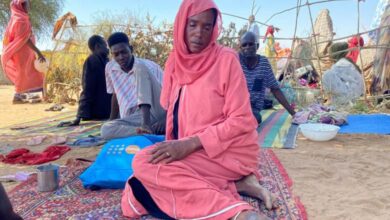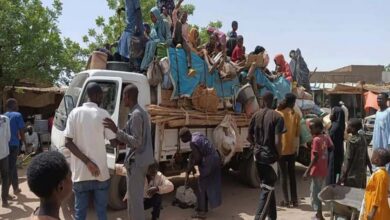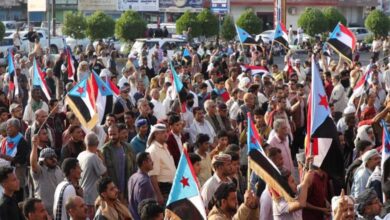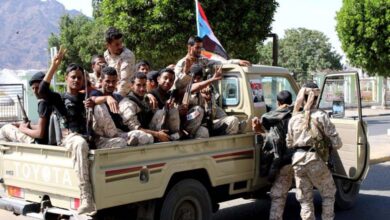The Muslim Brotherhood Loses Ground in Jordan: Security Outpaces Politics in Dismantling the Organization
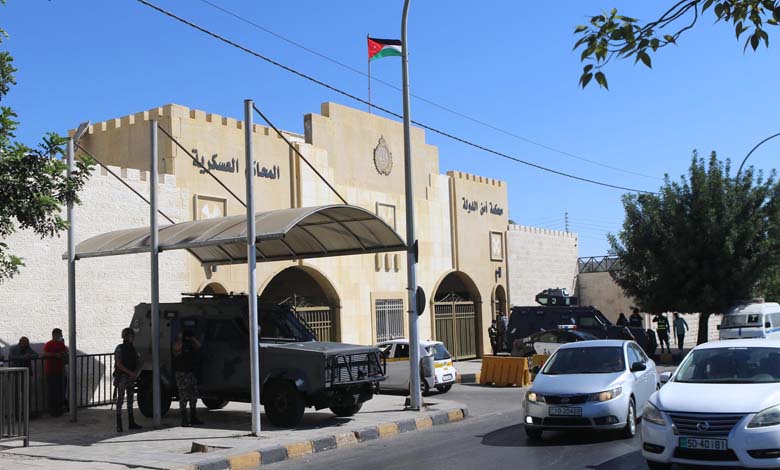
The Muslim Brotherhood, classified as a terrorist organization, is experiencing one of its most difficult political and organizational phases in Jordan, following a major defeat in the doctors’ syndicate elections. This comes as the repercussions of a “terrorist plot” involving Brotherhood members continue to resonate both in the security domain and among the general public.
The results were harsh: candidates from the Islamist bloc secured only two out of twelve seats on the syndicate’s council, while their main candidate lost the presidency of one of the country’s most prestigious and influential professional unions.
Observers saw the defeat as a direct reflection of the widespread public anger following the uncovering of a “dangerous” cell linked to the Brotherhood, which had been planning attacks within the Kingdom.
-
External Agendas and Internal Arms: The Muslim Brotherhood in a New Confrontation with the Jordanian State
-
Growing Calls to Ban the Muslim Brotherhood in Jordan After Terror Cell Uncovered
A Critical Moment and a Resounding Fall
This wasn’t merely an electoral setback—it came at a sensitive time that reflects the Brotherhood’s waning influence in Jordan’s union circles, an influence it had enjoyed for decades. The decline was further underlined by a statement from the General Intelligence Directorate confirming the arrest of 16 individuals involved in a terrorist plot. The plan included manufacturing homemade rockets, importing components from abroad, developing drones, and storing weapons in secret locations.
According to Jordanian security sources, the suspects received training abroad, in countries like Lebanon, and were preparing to launch sabotage operations targeting vital facilities within the Kingdom.
Investigations revealed ideological and organizational links between some members of the cell and the Muslim Brotherhood, prompting many inside Jordan to call for firm legal action against the group.
-
Calls to Dissolve the Muslim Brotherhood Intensify After Jordan Uncovers Terror Cell.. Details
-
Growing Calls to Disband the Muslim Brotherhood After Jordan Cell Dismantled
Public and Professional Repercussions
The Jordanian public did not remain silent. Popular reaction went beyond political analysis, turning into calls for banning the organization and holding anyone involved in destabilization efforts accountable. In professional circles, the doctors’ elections served as the first real test—and the results left no doubt that public sentiment had shifted.
Authorities announced that the terrorist-related cases have already been referred to the State Security Court, with official assurances that the Kingdom will not tolerate any threats to its security, whether from inside or outside.
Local media reported an official inclination to reconsider the Brotherhood’s legal status, amid increasing accusations linking it to activities that threaten national security.
-
What Future Awaits the Muslim Brotherhood in Jordan?
-
Details of Foiling Jordan’s Most Dangerous Terror Plot Led by Muslim Brotherhood Members
A Defining Moment
What happened appears to be more than just an isolated incident—it marks a turning point in the Jordanian state’s relationship with the Brotherhood. The electoral loss, dwindling popularity, and growing security files all signal the beginning of a new phase defined by “zero tolerance.”
Jordanian political analyst Raja Taleb stated that what we are seeing today in Jordan is part of a broader regional collapse of the Brotherhood. The group lost its moral legitimacy before losing its popular support, as it has become increasingly associated in people’s minds with extremist movements and destabilizing plots.
-
The Muslim Brotherhood in Jordan… From Preaching to Arms? Details of the Foiled Plot
-
Dismantling of a Terror Cell Linked to the Muslim Brotherhood in Jordan: A Strategic Opportunity to Re-highlight the Group’s Threat in the Region
Taleb added that in the past, the Brotherhood relied on narratives of victimhood and charity work, but repeated links between its members and sabotage attempts, as well as direct involvement in security cases—like those in Jordan—have caused its popular base to collapse in an unprecedented manner. The loss is not only political but also psychological and symbolic.
For the first time, the Brotherhood has failed to impose its influence on Jordan’s professional unions—a clear sign of its fading rhetoric and eroding support among its traditional base. As seen in Egypt, Tunisia, and Morocco, the Brotherhood in Jordan is now paying the price for its double standards and cross-border connections. The Arab street is no longer tolerant of movements that seek power at the expense of national stability.



